I am creating a java application that able to login to LDAP server with OpenDJ Client SDK, but I only has Domain Name, User Name (also known as SAMAccountName), and Password. If you don't know domain login, see this image:

You enter the user name field in format: DOMAIN_NAME\USER_NAME instead of just plain USER_NAME. Example of Domain Name is: corp.fabrikam.com.
Now I need to know how to convert Domain Name to Distinguished Name (DN)? Because OpenDJ requires Distinguished Name to connect to LDAP.
For example: Distinguished Name from corp.fabrikam.com is: dc=corp, dc=fabrikam, dc=com.
It seems I just need to split it by ".", but I heard there is thing called Disjoint Domain:
http://technet.microsoft.com/en-us/library/cc731125%28v=ws.10%29.aspx
So splitting trick might not reliable here.
Also, user in LDAP can be under an Organizational Unit (OU). Let's say user john is belong to manager OU, so the full user DN of john would become like this:
uid=john, ou=manager, dc=corp, dc=fabrikam, dc=com